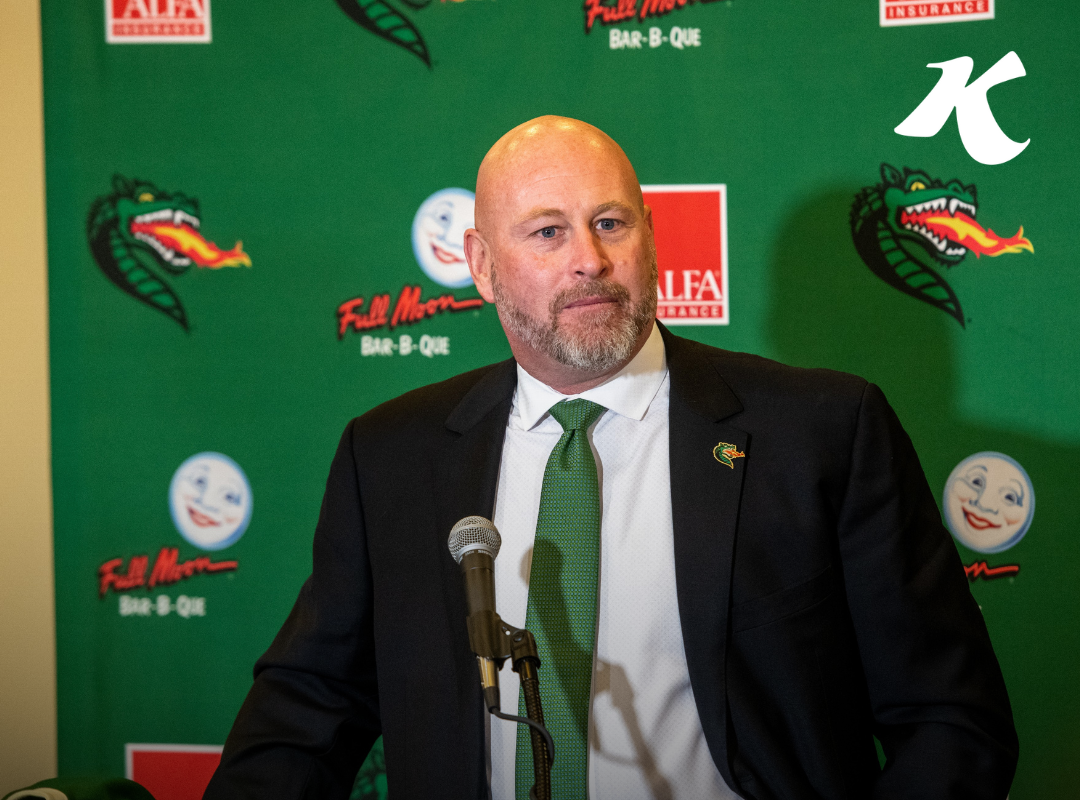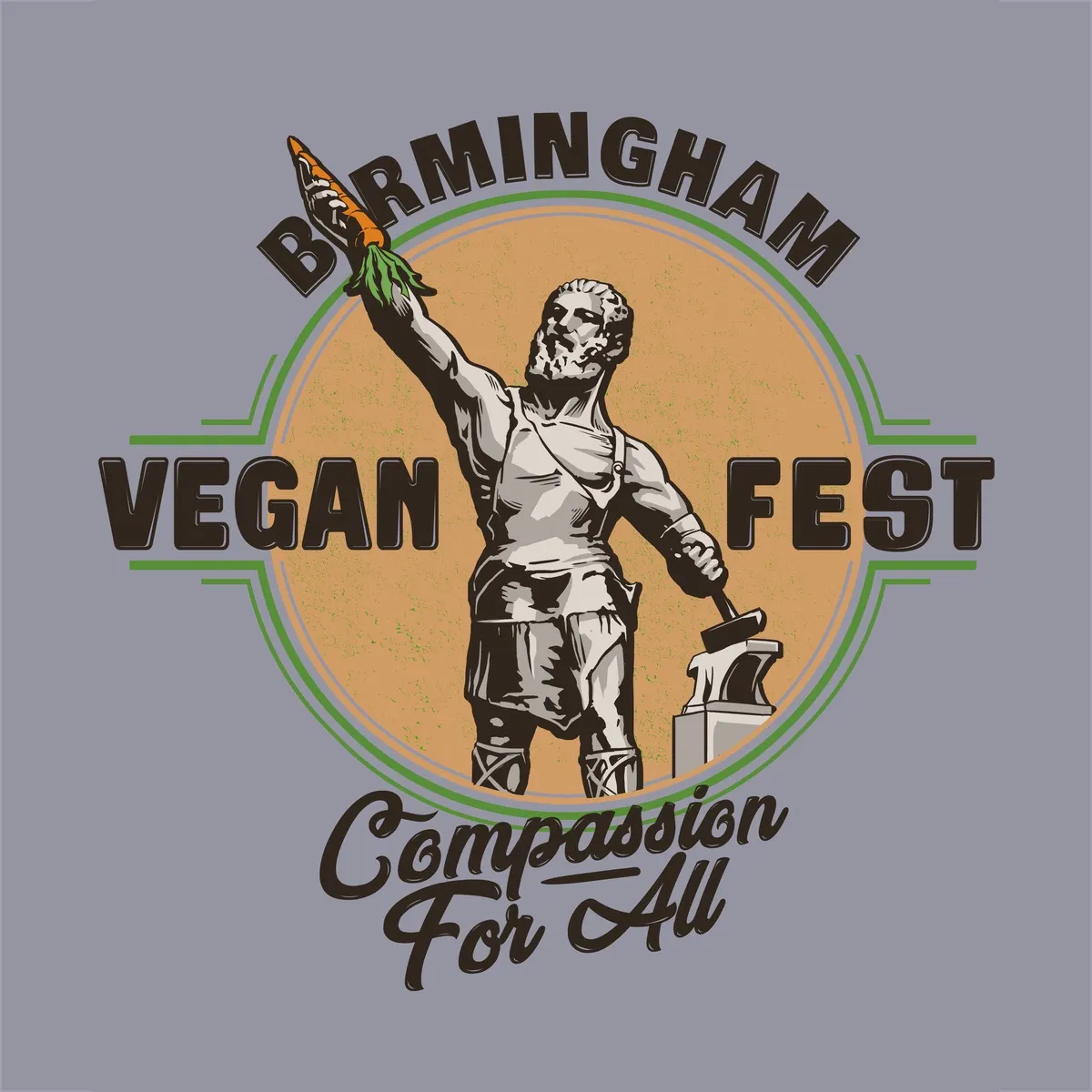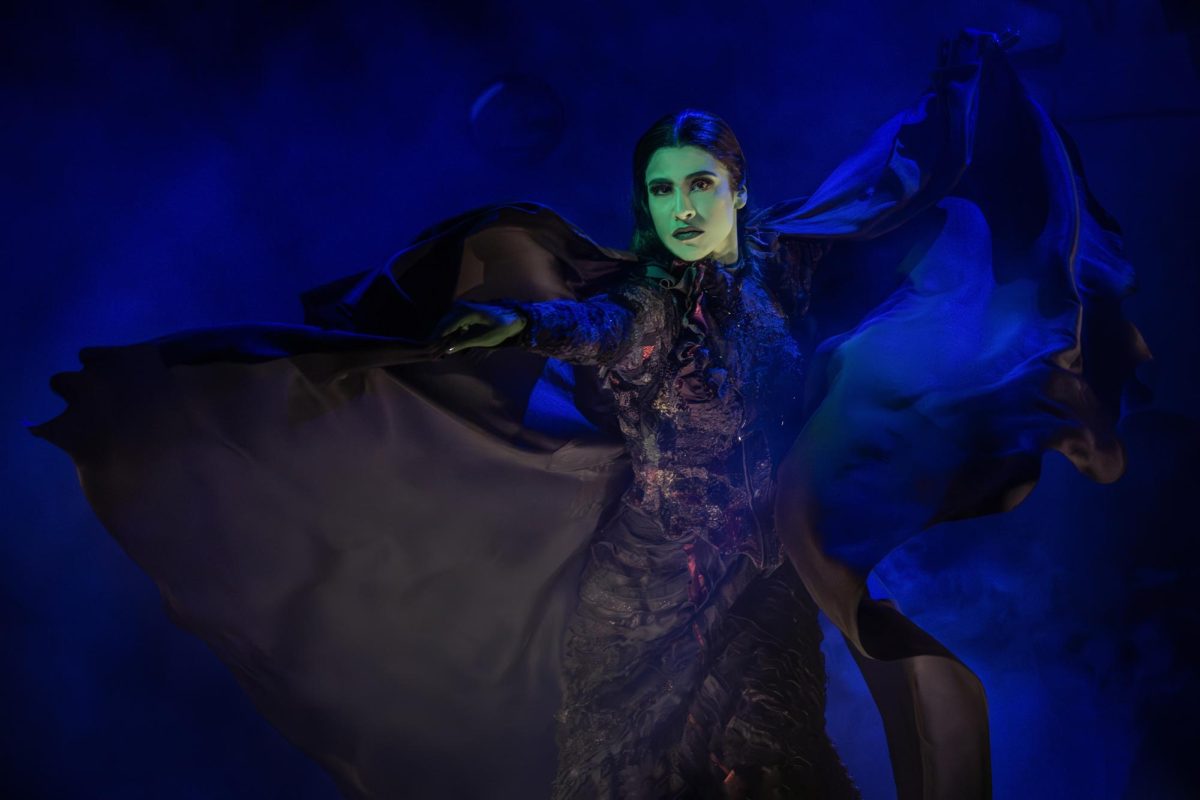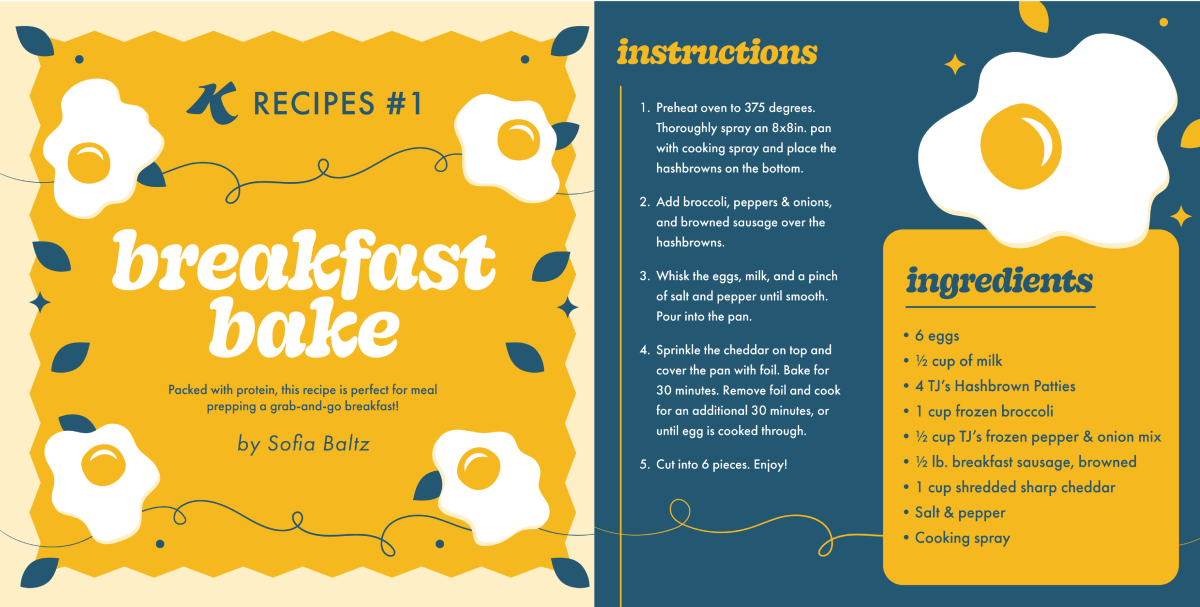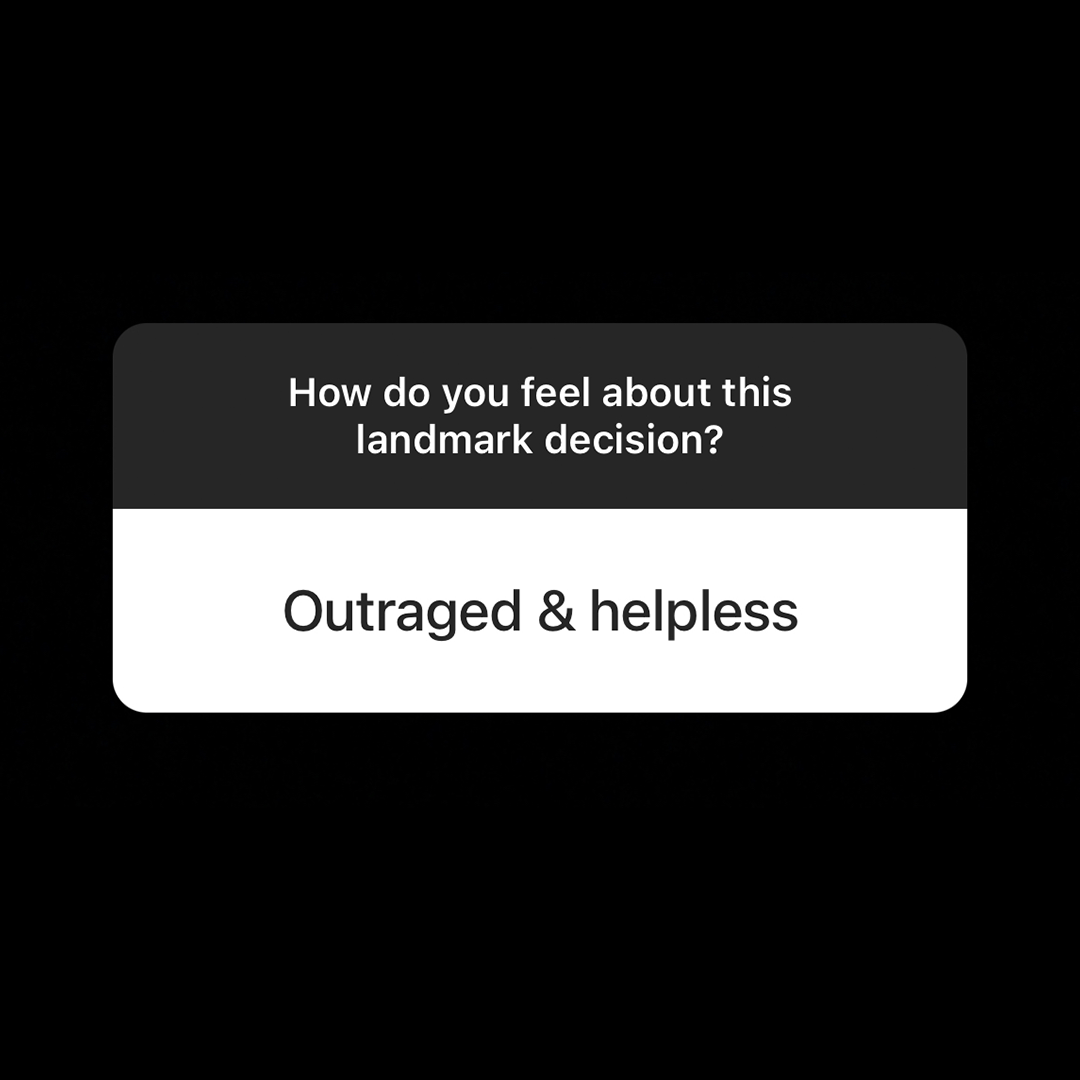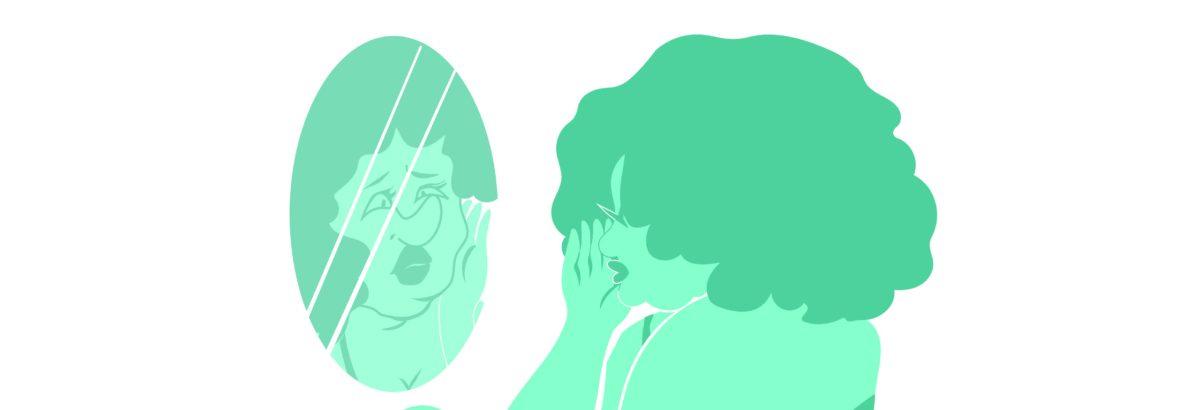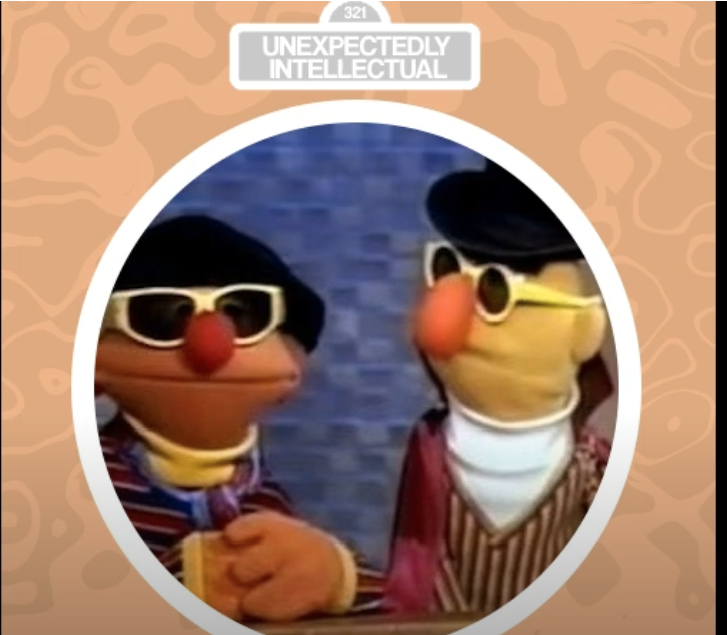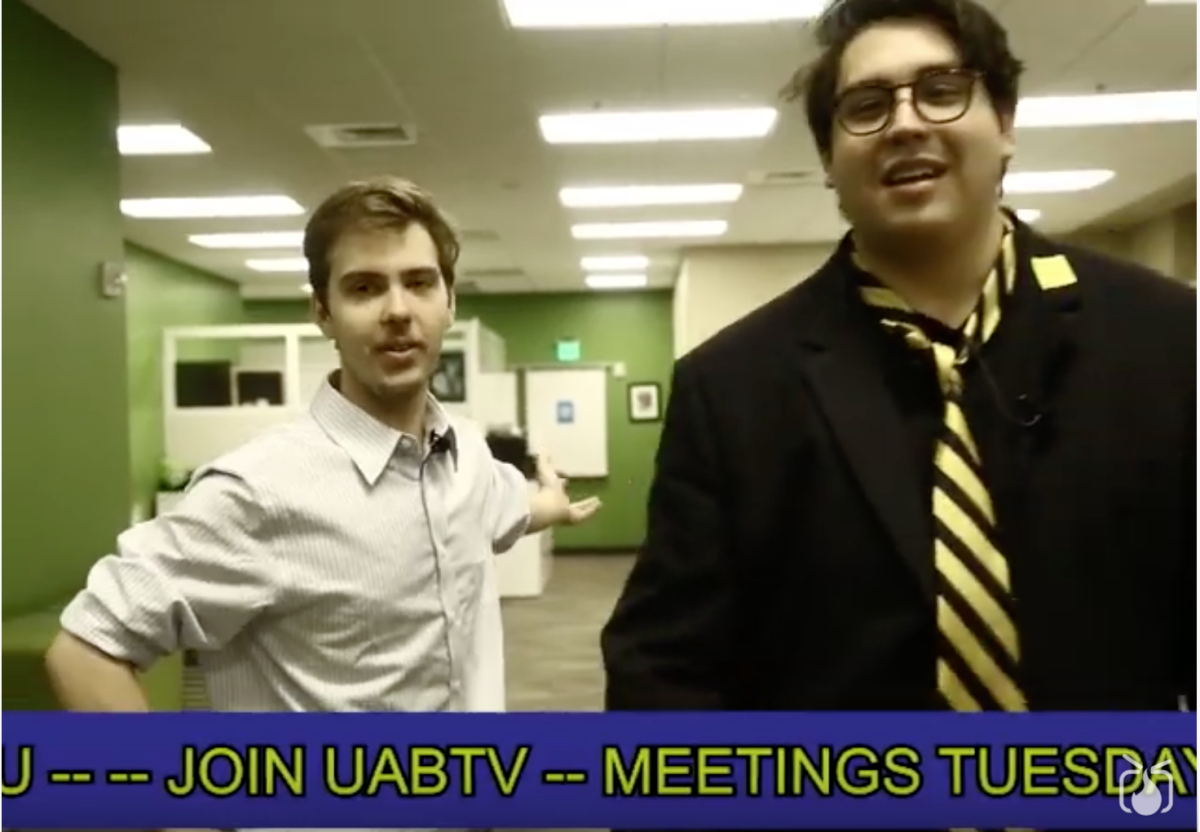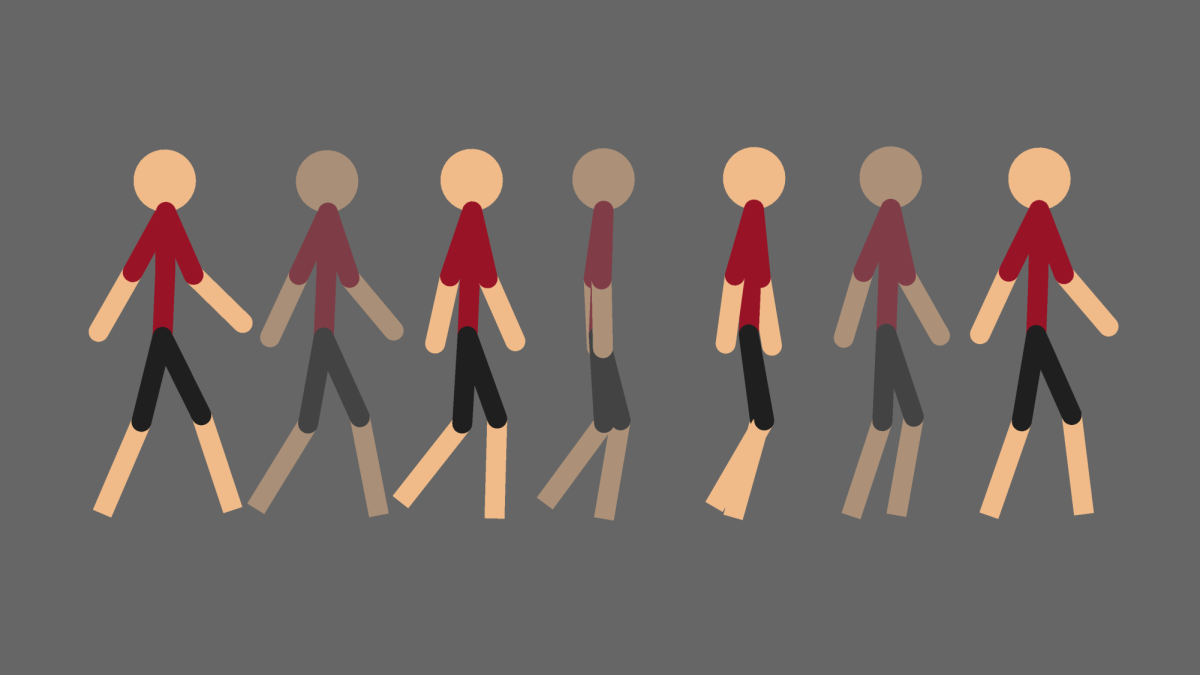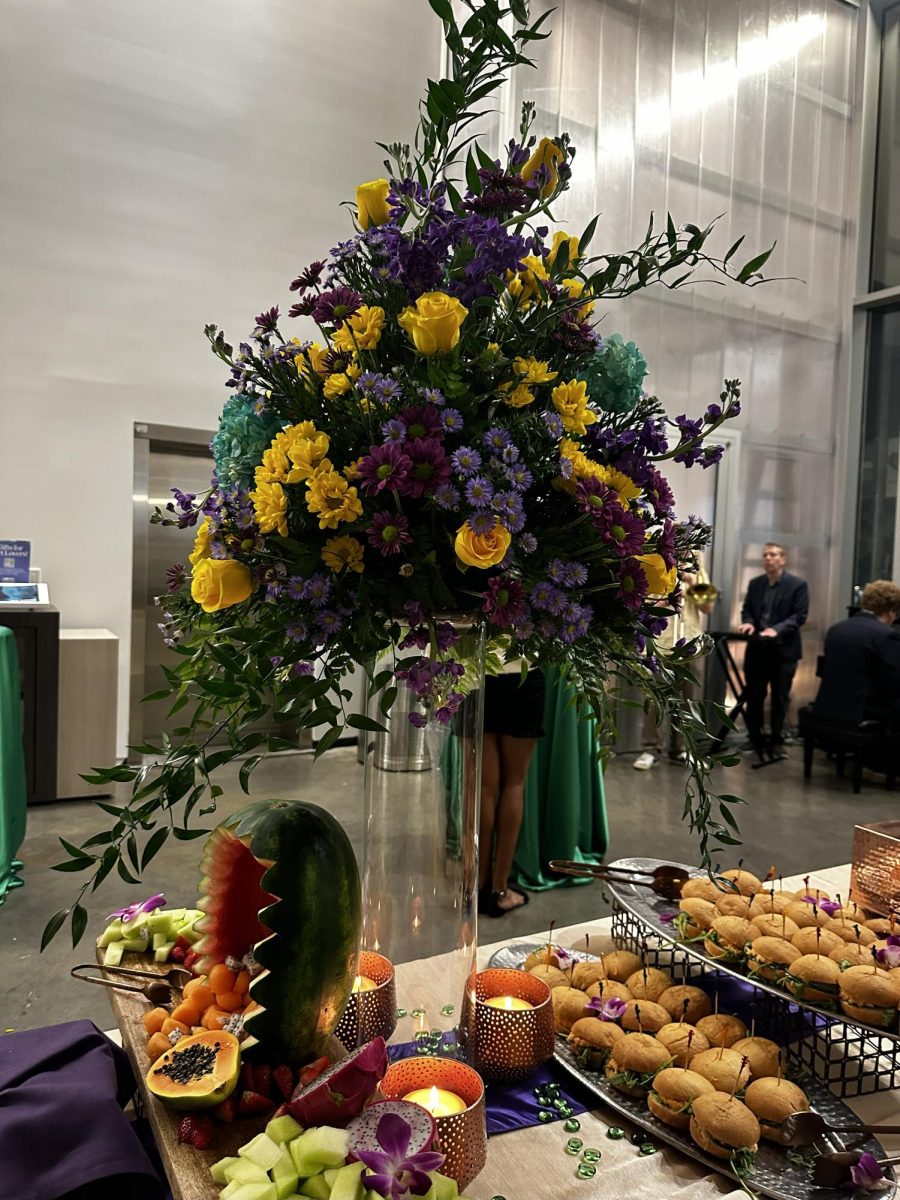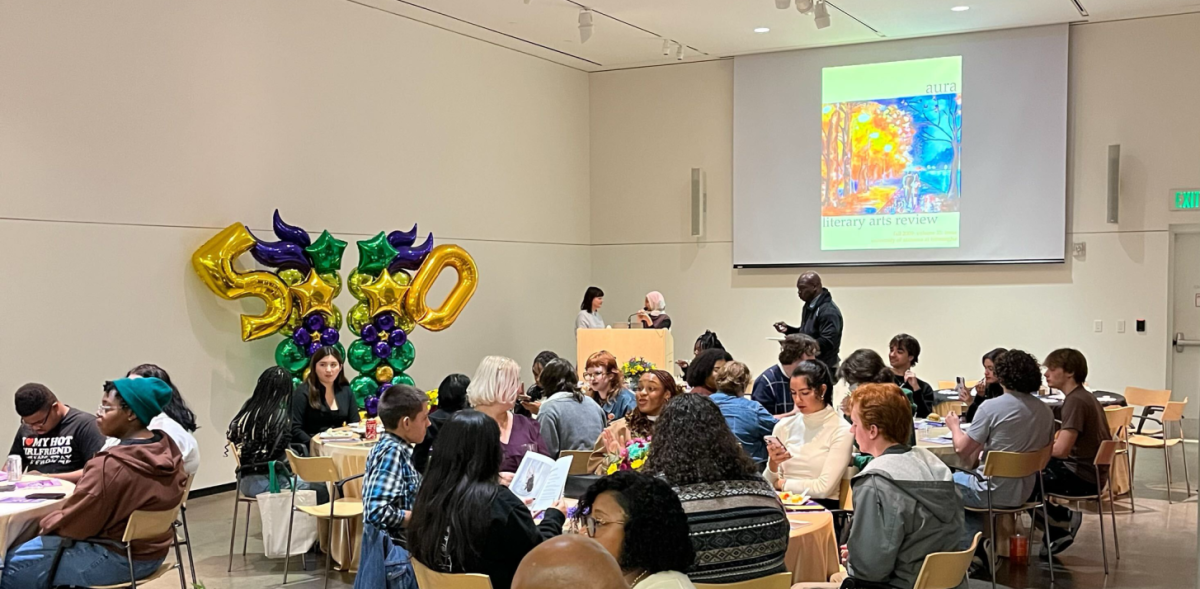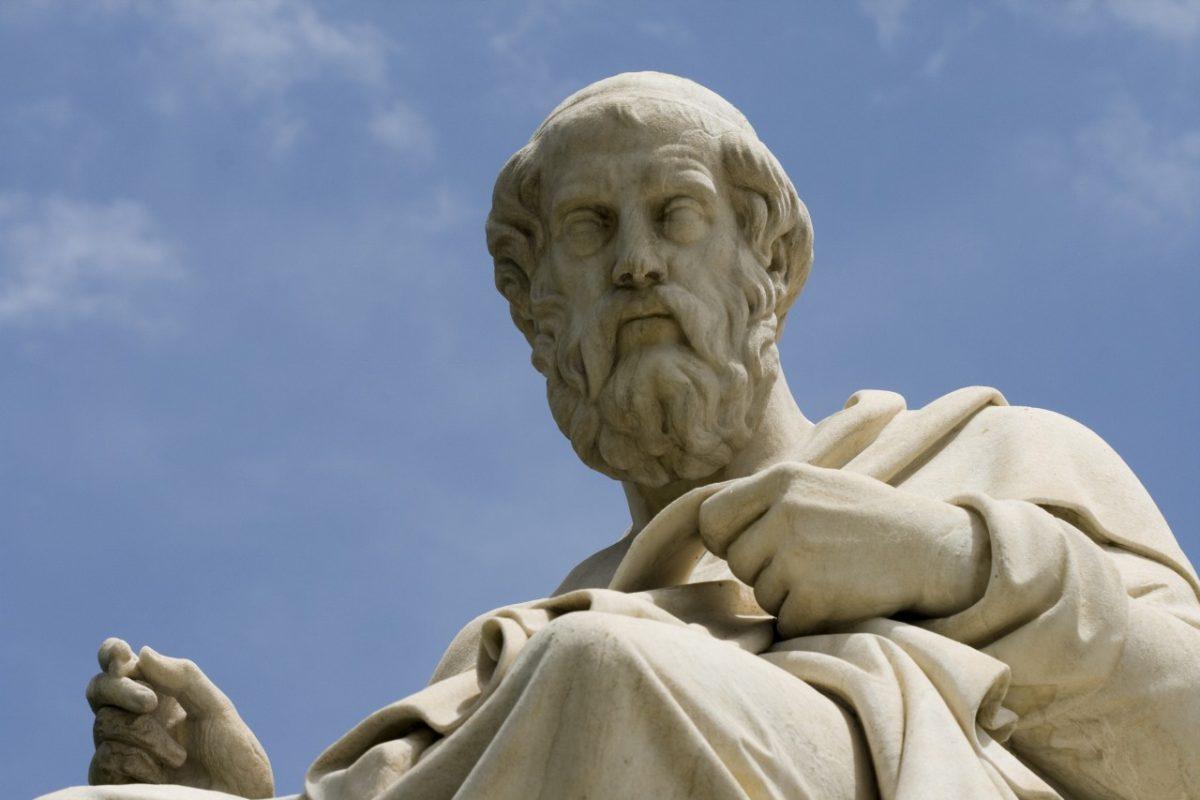Albert Einstein once said, “Imagination is more important than knowledge. For knowledge is limited to all we now know and understand, while imagination embraces the entire world, and all there ever will be to know and understand.”
(Yes, I’m beginning with a quote. You’ll see why.)
Einstein’s quote sounds poetic to me, though some would deem that this was Einstein’s philosophy. Could the quote have aspects of both poetry and philosophy, or are these topics mutually exclusive? Poetry is typically thought to be about imagery and emotion (passion, sentiment, etc.), whereas philosophy focuses on logic, reasoning, argument and solutions to problems.

Plato made his thoughts clear on the matter, claiming that a poet is a “light and winged thing, and holy, and never able to compose until he has become inspired, and is beside himself, and reason no longer in him.” Plato was essentially saying that poetry utilizes strong emotions that detract too greatly from reason to be considered philosophical in nature.
This is an instance where I’ll have to disagree with Plato. Our emotions and passions provide a perspective of the world around us that, to me, is just as valid as the perspective provided by conventional philosophical study. Not only that, but I think these can positively (and perhaps negatively, in some cases) influence each other. Troy Jollimore, poet and philosophy professor at California State University, Chico, uses philosophy to try to better understand the reasons behind certain emotions like love.
Jollimore believes that one relation between poetry and philosophy has to do with their usage of metaphors and truth. Analytic philosophy is largely based on its characteristics of being propositional (truth hinges on a proposition) and unitary (there is only one truth regarding a certain subject). In contrast, poetry relies more so on metaphors to lean into pluralistic characteristics—that is, there can be more than one truth of a given subject.
Jollimore obliges us to think about it in terms of an example: as a philosopher, if I have an analysis of a, and my friend offers a competing analysis of a, it would seem as though we would need to determine the single true analysis of a. However, if I have a poetic metaphor of b, and my friend offers a differing metaphor for b, it doesn’t necessarily follow that either has to be incorrect. It would seem as though the two could not only stand alone without weakening the other, but they could work together to strengthen our understanding of the larger picture of a subject.
I don’t think that these differences mean that the two topics are mutually exclusive. No, philosophy and poetry are not the same in practice. However, both are, at their cores, endeavors towards truth, and there is not a convincing reason why the two should not inform each other.
